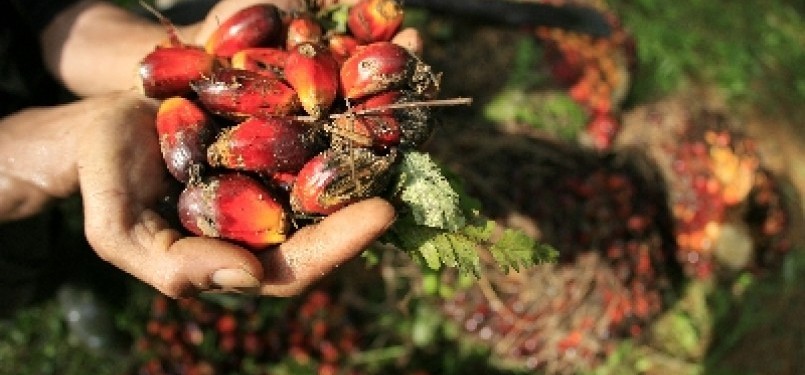REPUBLIKA.CO.ID, JAKARTA - The Environment Protection Agency (EPA) will send a team to Indonesia in October this year to survey Indonesian crude palm oil production. At the APEC meeting recently in Russia, a number of countries rejected the inclusion of CPO in the list of eco-friendly products.
"In our last meeting, EPA told us it would send a technical team to Indonesia to conduct a study on the Indonesian CPO. This indicates that they are responsive," said Indonesia`s Trade Minister Gita Wirjawan last weekend.
Referring to the exclusion of CPO from the list of Asia-Pacific Economic Cooperation (APEC)`s environment-friendly products in its recent ministerial meeting, the minister said that the Indonesian government would continue to express its views so that they would be considered by the EPA.
He added that the United States was relatively open to the Indonesian input over its CPO, given its stance on eco-friendly products. "They also responded positively to the proposal of China to include its bamboo-based products for panel floors, because there is no technical problem with it," the minister mentioned further.
At the APEC meeting in Vladivostok, Russia recently, a number of countries including the United States, Canada and Australia rejected the inclusion of CPO in the list of eco-friendly products. However, Wirjawan differed and said, "They did not reject it. They only had different views from Indonesia`s over the cuts in carbon emissions by 2020".
Meanwhile, the Ministry of Trade has imposed fresh tariffs, up to a maximum of 5 percent, on 54 items considered environment-friendly. Wirjawan said that only 7-8 eco-friendly goods were still subjected to 10 percent tariffs.
"Indonesian industries must be ready in the coming three years to produce the 54 products included in APEC`s list of eco-friendly products," he informed further.
Target of criticism
Meanwhile, the Indonesian Association of Palm Oil Companies (GAPKI) regretted that APEC had rejected the Indonesian proposal for the inclusion of palm oil in the list of environment-friendly products. The Indonesian government failed to rally enough support for its proposal in the APEC forum in Vladivostok.
"The APEC meeting was important although there are no binding regulations on its members to comply with its decisions. However, it is still regrettable that CPO failed to gain APEC approval for reasons that are not yet well known," GAPKI chairman M Fadhil Hasan said after the APEC meeting ended.
Indonesia is the world`s largest producer of CPO and has been the target of criticism, especially from Europe, that the country has destroyed its tropical forests to create space for oil palm plantations. "In the beginning we were hopeful that Indonesia would succeed in getting CPO declared as an environment-friendly product," Hasan said.
He added that APEC approval would be positive for exports as import duties on CPO would not be more than 5 percent for its member countries. Hasan, however, maintained that GAPKI still optimistic that demand for Indonesian CPO would continue to grow in the world market.
"There is a possibility that import duties on CPO in APEC member countries would be cut under bilateral trade agreements", he said.
He felt that CPO deserves to be declared environment-friendly as under the implementation of "Indonesia Sustainable Palm Oil" (ISPO), palm oil companies are required to adopt sustainable principles during the process of its production. The ISPO is a verification system to strengthen the competitiveness of the country`s palm oil, domestically and internationally. "If all palm oil companies in Indonesia adopt ISPO, CPO could be categorized as an environment-friendly product," Hasan said.


